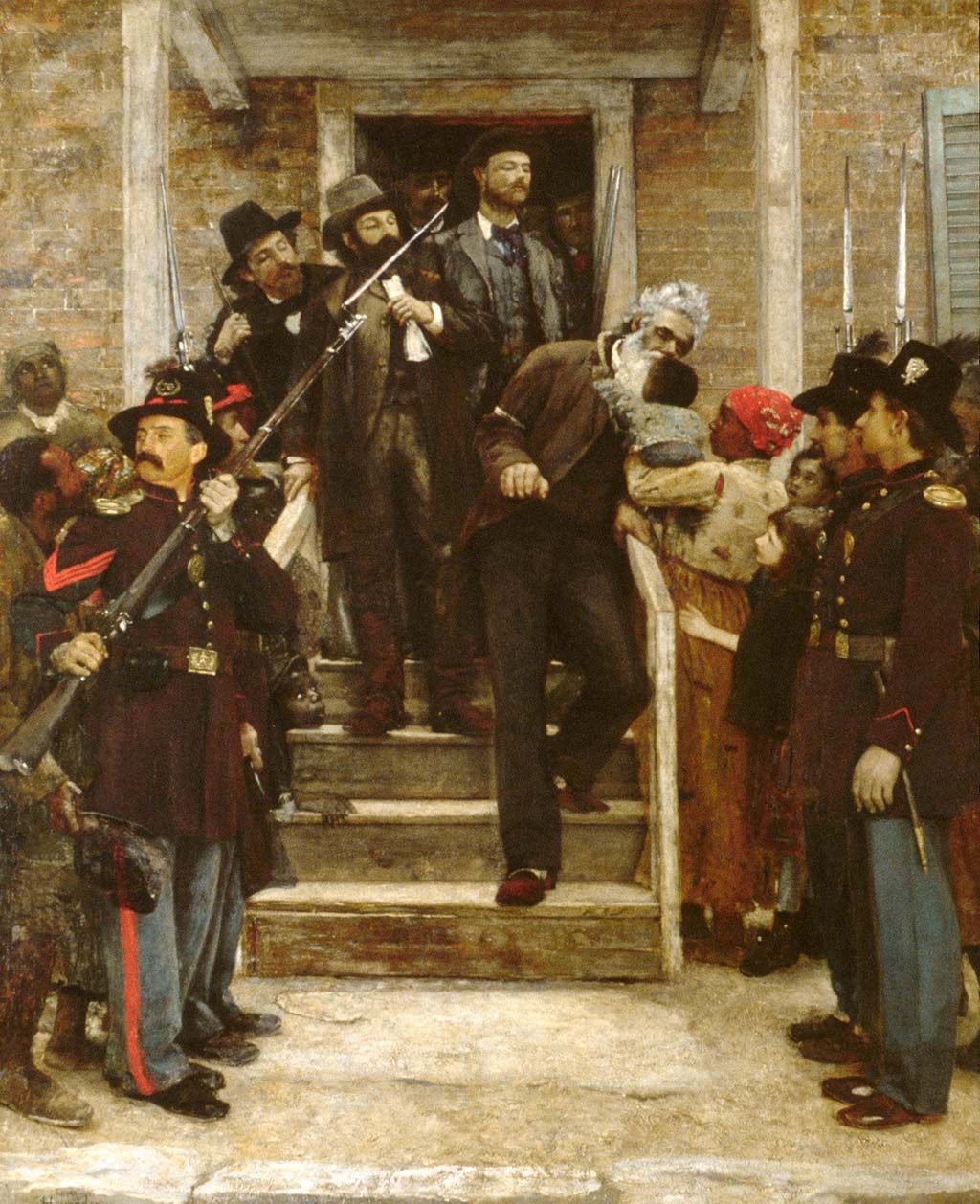About Publications Library Archives
cthl.org

Preserving American Heritage & History

Preserving American Heritage & History



John Bell Hood
Confederate general
Served from 1853–1861 (US), and 1861–1865 (CSA)
Hood attended the United States Military Academy, supposedly against his fathers’ wishes. Although Hood was native to Kentucky, he preferred his adoptive state of Texas, and joined the Confederate army on the 4th Texas Infantry where he quickly became a colonel.
Hood was well known for his aggressive behavior whilst leading his men into battle, himself, becoming an elite combative unit. At the Seven Days Battle, Hood victoriously broke through the Union defense and was the only officer without any injuries. However, at the Battle of Gettysburg, Hood collided with Union forces at Little Round Top where his left arm was severely wounded and was of no use for the rest of his life.
At the battle of Chickamauga, September 18th 1863, Hood again was severely wounded, resulting in his right leg needing to be amputated and was sent back to Virginia where he was initially after his prior incident. During this recuperation period, Hood became friends with Jefferson Davis who offered Hood the position of corps commander. Hood accepted, and returned to battle despite his disabilities, and pain. On July 17th 1864, after previous disagreements with General Joseph E. Johnston, which had been brought to the attention of Davis, Hood was promoted to temporary full General, though he was demoted back to lieutenant general on January 23rd 1865.
| Franklin-Nasvhville Campagin
After a massive defeat in Atlanta, Davis and Hood met to discuss the next strategic plan. Davis informed Hood of his disappointment in the loss of almost 20,000 men. Davis was thinking of replacing Hood, but decided against it and put General G.P.T Beauregard as a new theater commander to supervise Hood. Hood was still in charge of the seven battles of Tennessee campaign which occurred between September and December 1864. During this time, the opposition troops passed by Hoods’ camp unnoticed during the night, and the next day, Hood marched his troops over almost two miles of open land without artillery. Sometimes known as the “Pickett’s Charge of the West”, Hoods’ troops suffered severe casualties. Again at the battle of Nashville, Hood was again defeated and his depleted waned army retreated to Mississippi. He was then replaced by Lieutenant General Richard Taylor on January 23rd 1865. After a period of meeting with Taylor, Hood was advised to surrender, which he did.
| After the War
Hood married Anna Marie Hennen in 1868 and bore 11 children, of which there were three pairs of twins. They lived in Louisiana where he became a cotton broker and later the President of the Life Assurance of America.
Yellow fever claimed Hoods’ life just days after his wife and eldest child died.
… further reading.
| The Execution of John Brown
John T. L. Preston was a teacher at the Virginia Military Institute. He was present at John Brown’s execution as the Institute provided a contingent of cadets as part of the security at the event. He wrote the following description of the scene:
“He was now all ready. The sheriff asked him if he should give him a private signal before the fatal moment. He replied in a voice that seemed to me unnaturally natural, so composed was its tone, and so distinct its articulation, that ‘it did not matter to him, if only they would not keep him too long waiting’. He was kept waiting, however. The troops that had formed his escort had to be put into their position, and while this was going on, he stood for some ten or fifteen minutes blindfold, the rope around his neck, and his feet on the treacherous platform, expecting instantly the fatal act. But he stood for this comparatively long time upright as a soldier in position, and motionless.
I was close to him, and watched him narrowly, to see if I could perceive any signs of shrinking or trembling in his person, but there was none. Once I thought I saw his knees tremble, but it was only the wind blowing his loose trousers. His firmness was subjected to still further trial by hearing Colonel Smith announce to the sheriff, ‘We are all ready, Mr. Campbell.’ The sheriff did not hear, or did not comprehend; and in a louder tone the same announcement was made. But the culprit still stood ready until the sheriff, descending the flight of steps, with a well-directed blow of a sharp hatchet, severed the rope that held up the trap door, which instantly sank beneath him, and he fell about three feet. . .
John Brown was hanging between heaven and earth.”